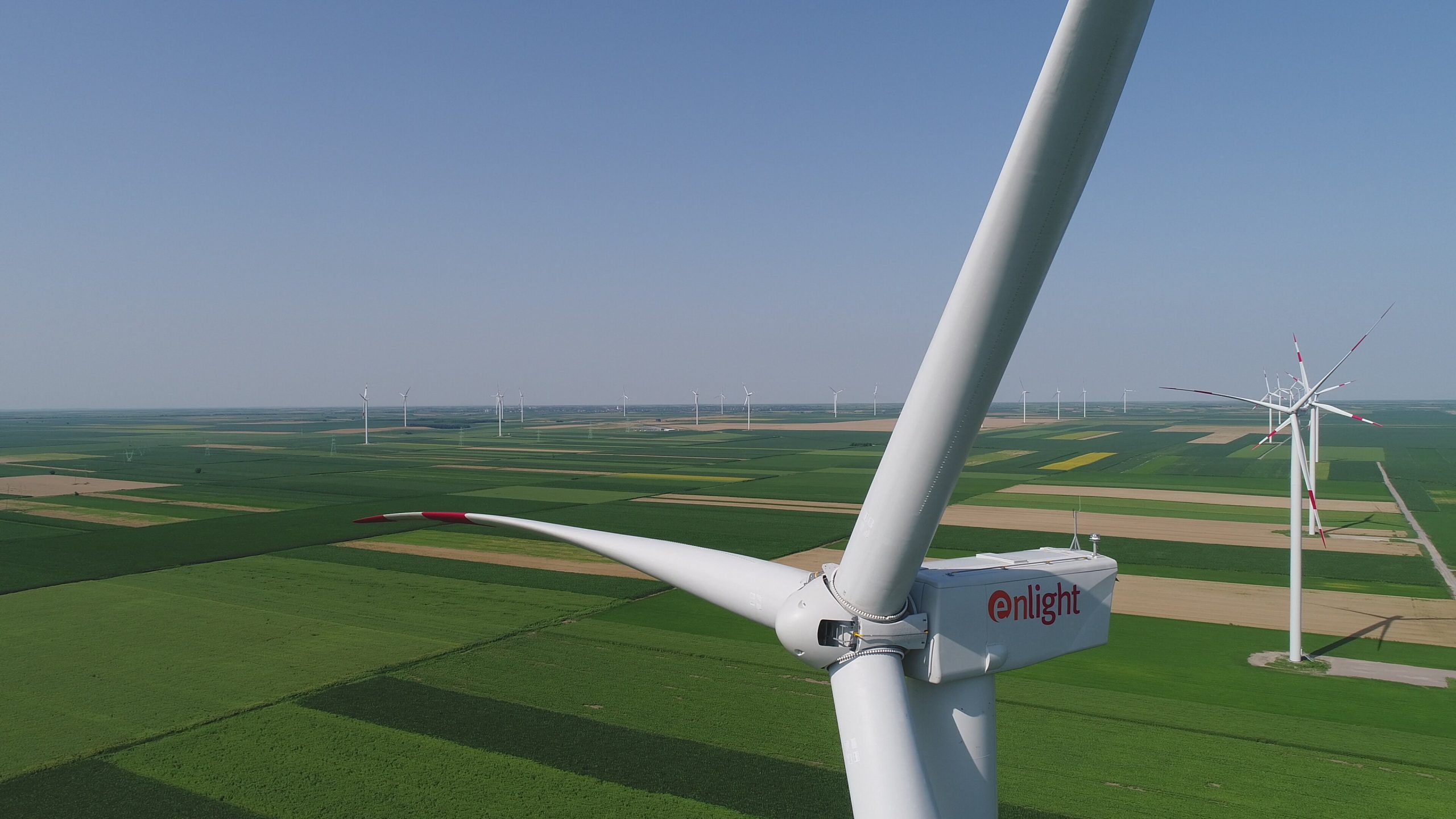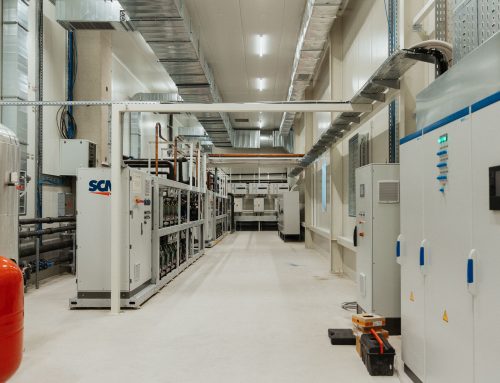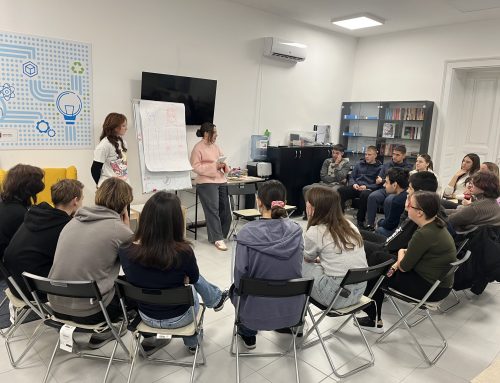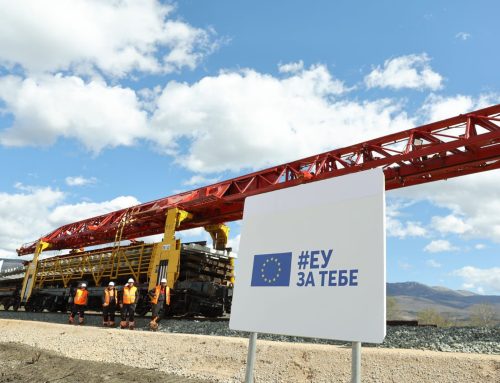Elon Musk will reportedly donate $ 6 billion to tackle world hunger, Jeff Bezos will put in another two billion to solve climate problems, – these are the headlines from the COP26 climate summit in Glasgow that have been circulating the world for the last few days. And now – really important news about ecology, nature and energy.
“Transition to clean energy in the Western Balkans: biomass, renewable energy, land renewal and green jobs,” was one of the panels held at the COP26 summit. We are witnessing great air pollution, drying of rivers, destruction of agricultural land, making it clear that deep cuts are needed.
Serbia and Bosnia and Herzegovina rely heavily on coal consumption for energy production in general, and for heating, in particular. Specifically, 70 percent of electricity in Serbia comes from lignite, and the rest from hydroelectric power plants – said Biljana Ramic, head of the Department for Strategic Planning of the Ministry of Mining and Energy of the Republic of Serbia.
Huge reductions in emissions are being sought through greater use of biomass, solar energy, wind energy and hydropower to improve air quality, restore land and create green jobs. And it was precisely green jobs the speakers emphasised most.
As a result, the governments of Serbia and Bosnia and Herzegovina have committed themselves to regenerating the local economy and making it part of their domestic agenda for a source of clean, affordable energy. Country-produced bioenergy crops can be a big part of the solution.

Wood biomass is one of the tangible solutions discussed during the panel – the president of E3 International, which is implementing a project on sustainable land and energy sources, Boni Norman, said that there are 1.6 million hectares of degraded and unused land in Serbia that needs restoring, including mines and landfills. Willow plantations, which would be used as biomass, can reduce air pollution, help restore land and serve as a renewable energy source.
A willow planted in a test field can be cut 12 times within 25 years to be used in thermal power plants along with lignite to produce electricity.
Watch a recent webinar about energy efficiency
Antoine Avignon, programme manager at the Delegation of the European Union to Serbia, said that “we must be careful when it comes to biomass, after all – it is a matter of burning wood.”
He added that the European Union has set high environmental goals, and that the situation in Serbia and BiH is a “work in progress” – new legislation is being passed, new rules are being introduced.
“My personal opinion is that it is never good enough, that we always have to try even harder,” says Avignon, adding that there is a growing interest of citizens in Serbia for green projects, financing, and calls for project proposals.




